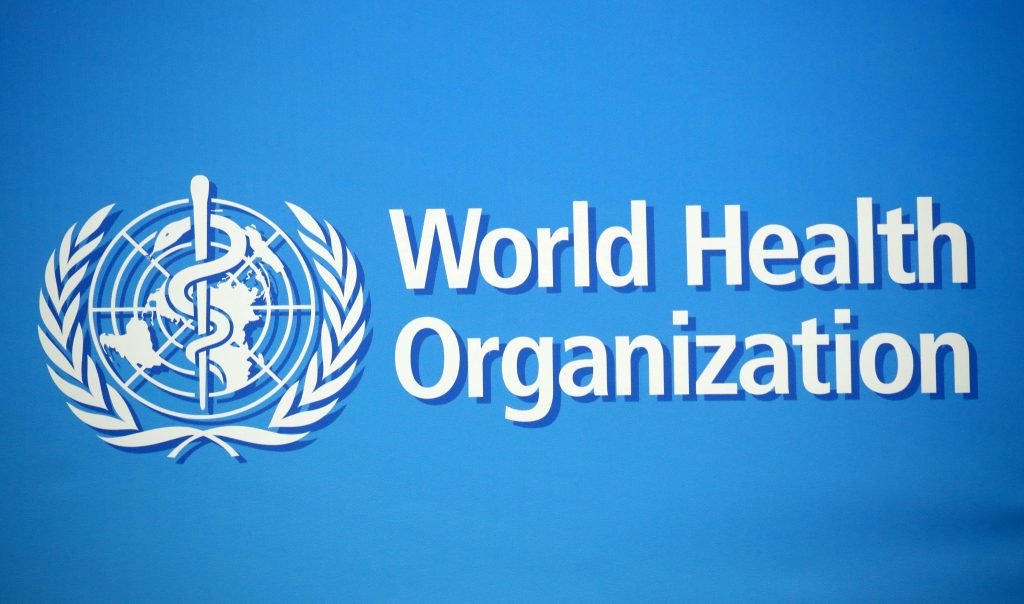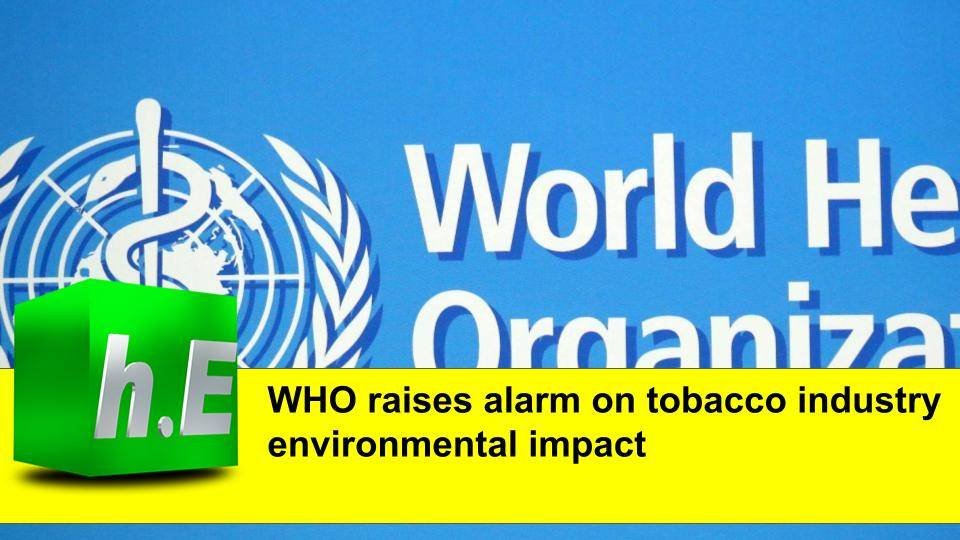On World No Tobacco Day, WHO has revealed new information on the extent to which tobacco damages both the environment and human health, calling for steps to make the industry more accountable.
Every year the tobacco industry costs the world more than 8 million human lives, 600 million trees, 22 billion tonnes of water and 84 million tonnes of CO2
Every year the tobacco industry costs the world more than 8 million human lives, 600 million trees, 200 000 hectares of land, 22 billion tonnes of water and 84 million tonnes of CO2.
The majority of tobacco is grown in low-and-middle-income countries, where water and farmland are often desperately needed to produce food for the region. Instead, they are being used to grow deadly tobacco plants, while more and more land is being cleared of forests.
The WHO report “Tobacco: Poisoning our planet” highlights that the industry’s carbon footprint from production, processing and transporting tobacco is equivalent to one-fifth of the CO2 produced by the commercial airline industry each year, further contributing to global warming.
“Tobacco products are the most littered item on the planet, containing over 7000 toxic chemicals, which leech into our environment when discarded. Roughly 4.5 trillion cigarette filters pollute our oceans, rivers, city sidewalks, parks, soil and beaches every year,” said Dr Ruediger Krech, Director of Health Promotion at WHO.
Countries like France and Spain and cities like San Francisco, California in the USA have taken a stand. Following the Polluter Pays Principle, they have successfully implemented “extended producer responsibility legislation” which makes the tobacco industry responsible for clearing up the pollution it creates.

The costs of cleaning up littered tobacco products fall on taxpayers, rather than the industry creating the problem. Each year, this costs China roughly USD 2.6 billion and India roughly USD 766 million. The cost for Brazil and Germany come in at over USD 200 million (see table below for further estimates).
WHO further urged countries and cities to follow this example, as well as give support to tobacco farmers to switch to sustainable crops, implement strong tobacco taxes (that could also include an environmental tax) and offer support services to help people quit tobacco.
We have always emphasized the importance of having a good website for your company because it can act as your best tool for marketing and sales. A poorly designed website can repulse people from your business and can cause you to lose customers before you even have them. Get in touch with HyperEffects to work on creating, enhancing, and making the website of your company more user-friendly.

